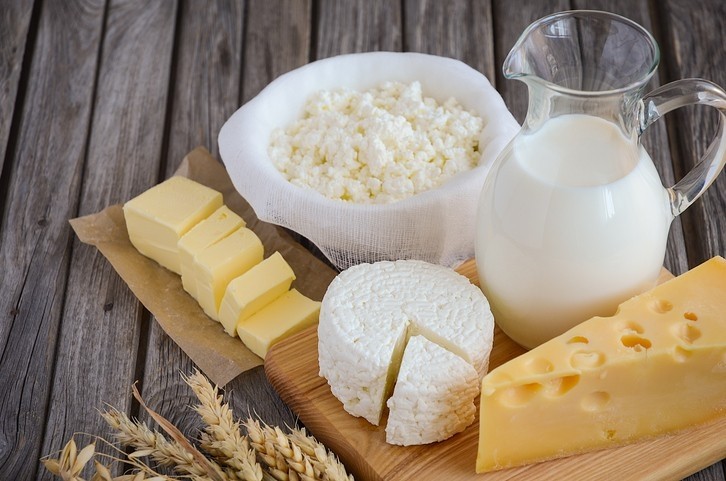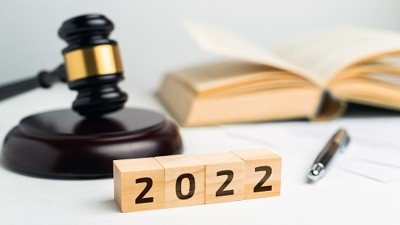Dairy divide: South Korea urges local industry to ‘clarify their misconceptions’ about new policy

The local Ministry of Agriculture, Food and Rural Affairs (MAFRA) has been attempting to make several major changes to the local dairy sector since 2020/2021 in light of rising dairy consumption in the country but severely decreasing local dairy self-sufficiency over the past 20 years to meet this, resulting in an increased reliance on dairy imports.
MAFRA’s Livestock Policy Bureau Director Park Bum-soo proposed a differential pricing system for raw milk and processed milk at a high level meeting with industry leaders last year hoped to improve profitability, local production and self-sustainability, which was met with mixed reactions by the industry.
If implemented, the new system would see potentially lower prices for raw milk and higher subsidies for processed milk purchases by dairy firms, which is said to encourage milk processing taking place higher up the dairy supply chain so that profits can flow there.
Back then, no outright rejections were made by the industry representatives at the meeting, which were primarily the heads of big dairy groups such as Maeil Dairy and the Dangjin Dairy Farm Cooperative – but the situation seems to have taken a turn for the worse with one of the largest local producer groups, the Korea Dairy and Beef Farmers Association, in particular outright calling for the proposals to be suspended.
“[The Korea Dairy and Beef Association believes that] it is absolutely unacceptable for the government to promote this new dairy policy, which is based on the introduction of a differential pricing system premised on forced reorganization, reducing farm quotas and the reduction of raw milk prices,” association Chairman Lee Seung-Ho said via a formal statement.
“We have requested not to participate in the working consultation group with MAFRA [in accordance] with our views.”
MAFRA attempted to hold an industry briefing earlier this year to explain the details of the system improvements to local dairy farmers, but this failed to materialize due to what it deemed ‘systematic obstruction’ by the Korea Dairy and Beef Association, which refused to discuss suitable scheduling for the briefing and put up various objections citing audit and other operational reasons.
“The briefing session could not take place, but we have conducted some dialogues with dairy farmers and confirmed that many of them do not fully understand the government’s proposal and have many misconceptions,” the ministry said via a separate statement.
“We hope to clarify their misconceptions to make improvements to the system. First, there is a misconception that the proposal is intended to reduce farm quotas – this is not so as even if the differential pricing system is introduced, the quota of 2.22 million tons for dairy farmers will remain unchanged and no restrictions will be placed on transactions. The industry is only producing about 2.05 million tons currently – we want to increase production to hit the quota level.
“It also seems that there is a misunderstanding over the decision-making structure within the sector [and that this will be held solely by] the Dairy Promotion Association, with the agenda to lower raw milk prices at will. This is not true as all systemic changes will go through general meetings comprising representatives from producer and industry as well as a Board of 15 board directors from various backgrounds including government, consumer and academia.
“Finally, many believe that dairy farmer income will drop when this system is implemented – MAFRA specifically designed this system so that this would not happen, [and in fact] a 1.1% increase of dairy farmer income is expected compared to the current situation, if the system is reformed.”
Forging on
Faced with tough opposition, MAFRA now believes that its best course forward is to appeal directly to dairy producers and other producer groups to explain the benefits of its proposed reform.
“Now we know that dairy farmers in the field are unaware of the system improvements, we plan to continue to communicate directly with them and provide better explanations of the proposal, including online briefings,” said the ministry.
“We have explained several times to [the Korea Dairy and Beef Association] that we are promoting measures to reduce production costs for dairy farmers in addition to providing system improvements [but there are still misconceptions] so we will try to reach more producers.
“We will also be providing more budget support for dairy brands to increase their purchase of processed milk, which will also help to increase dairy producers’ profits.”









